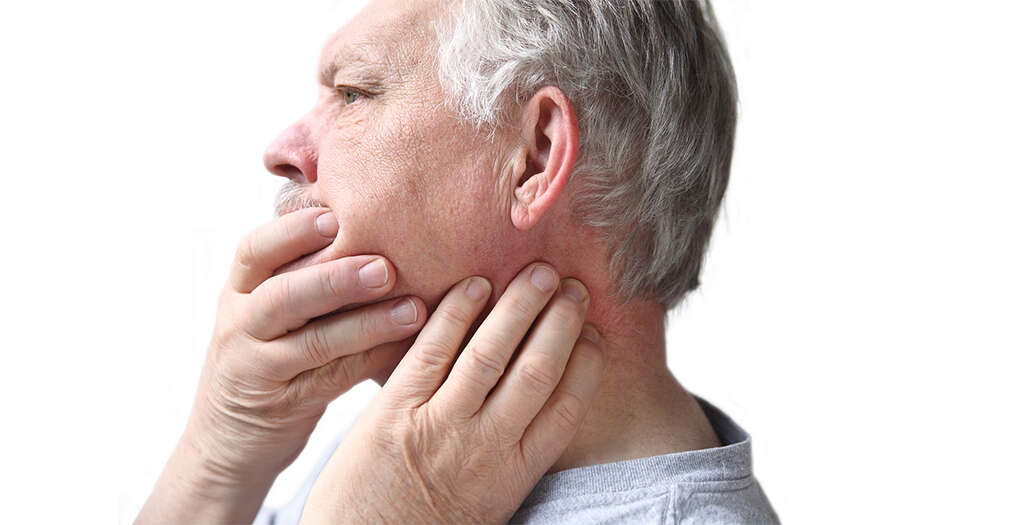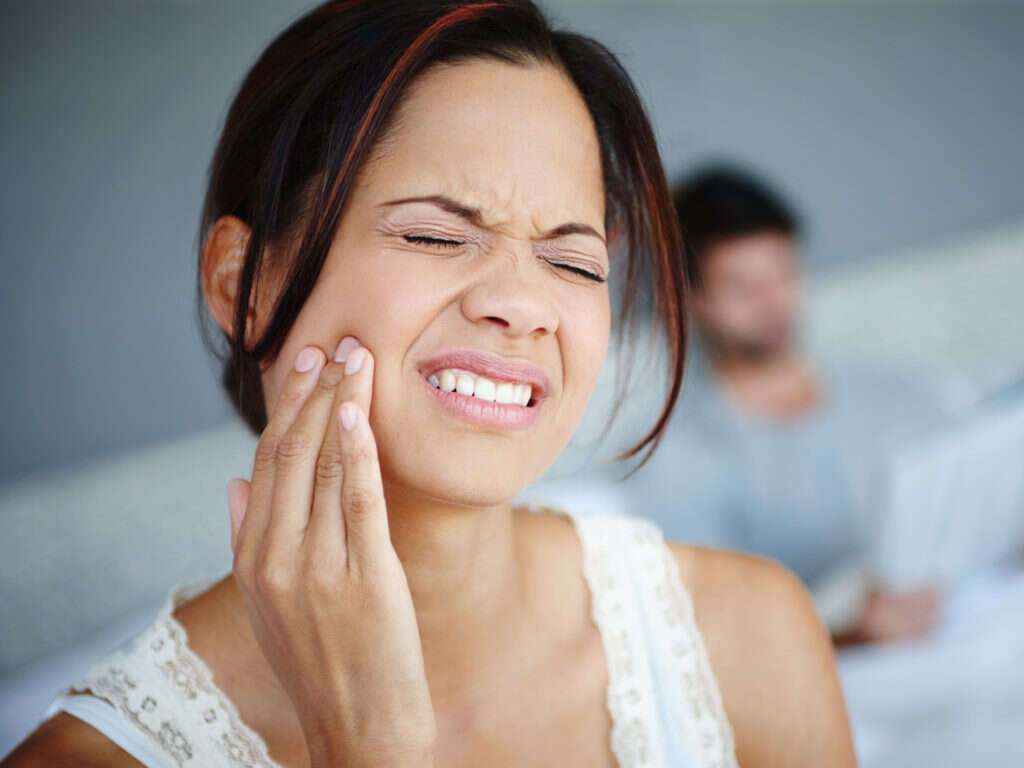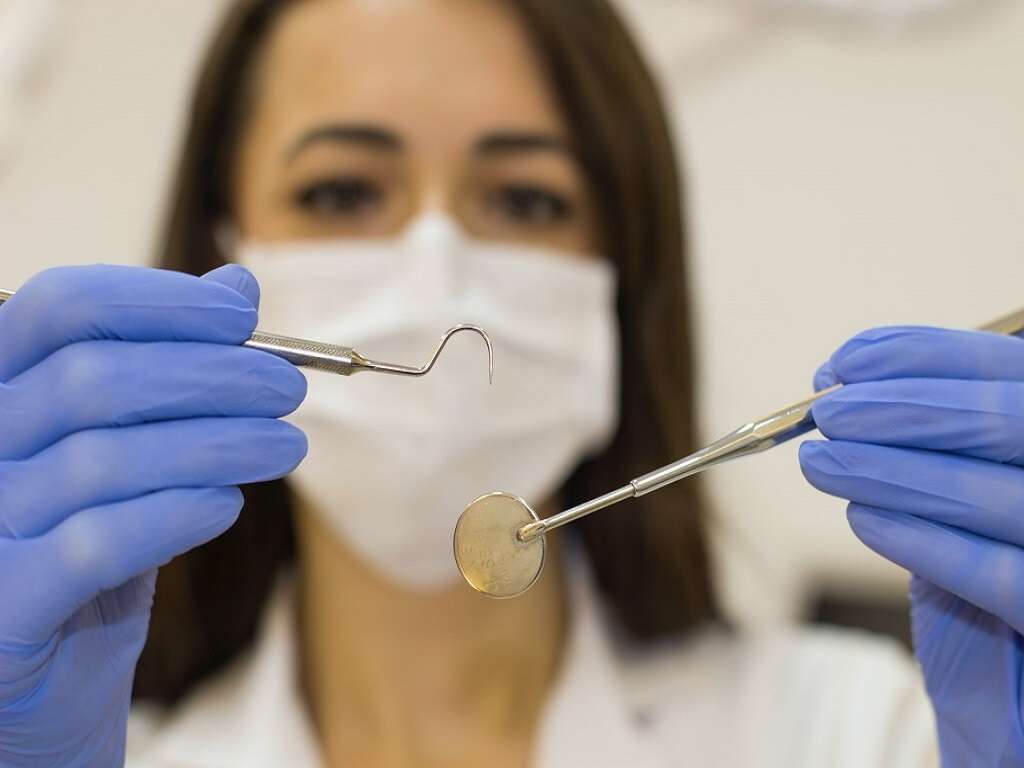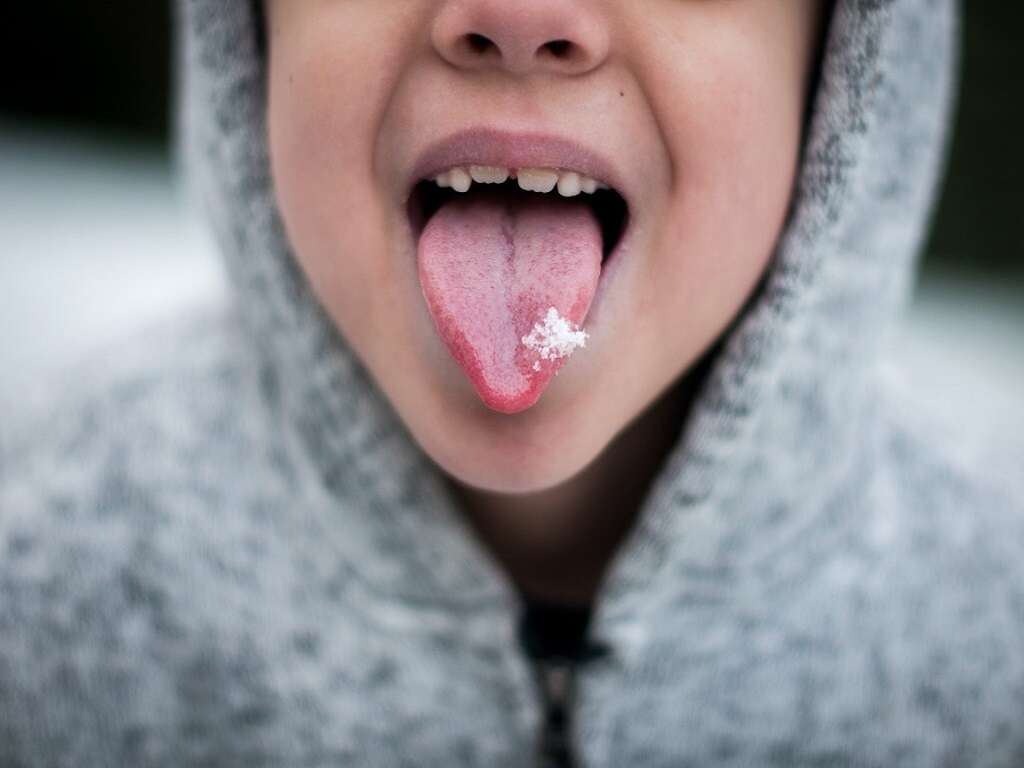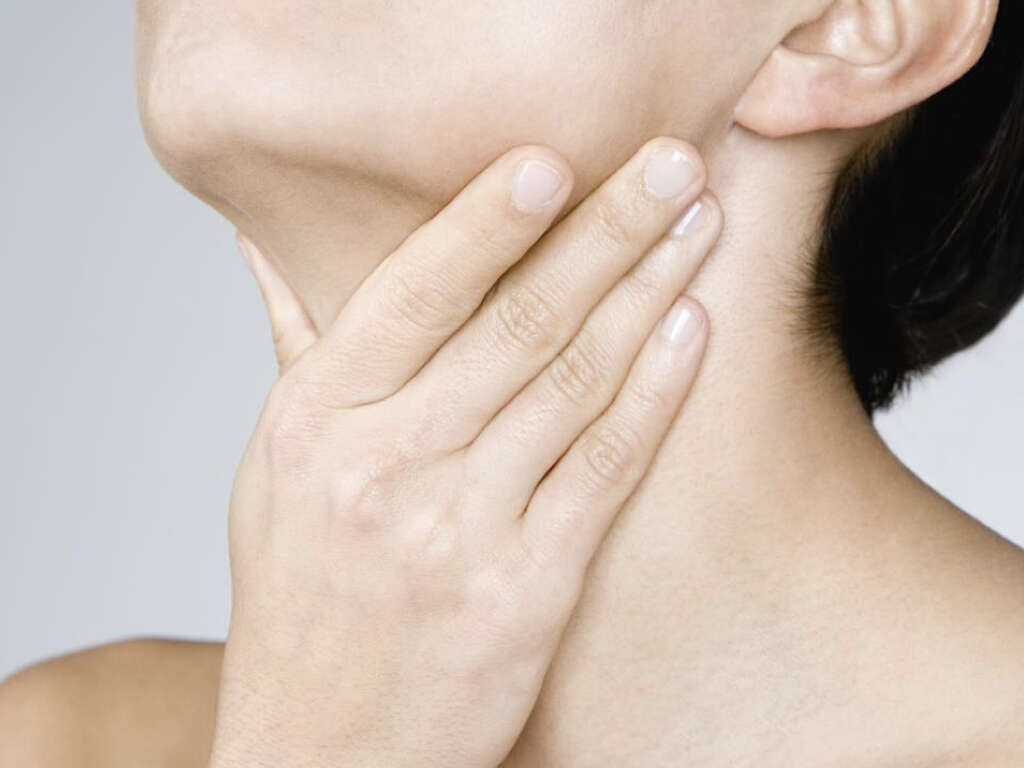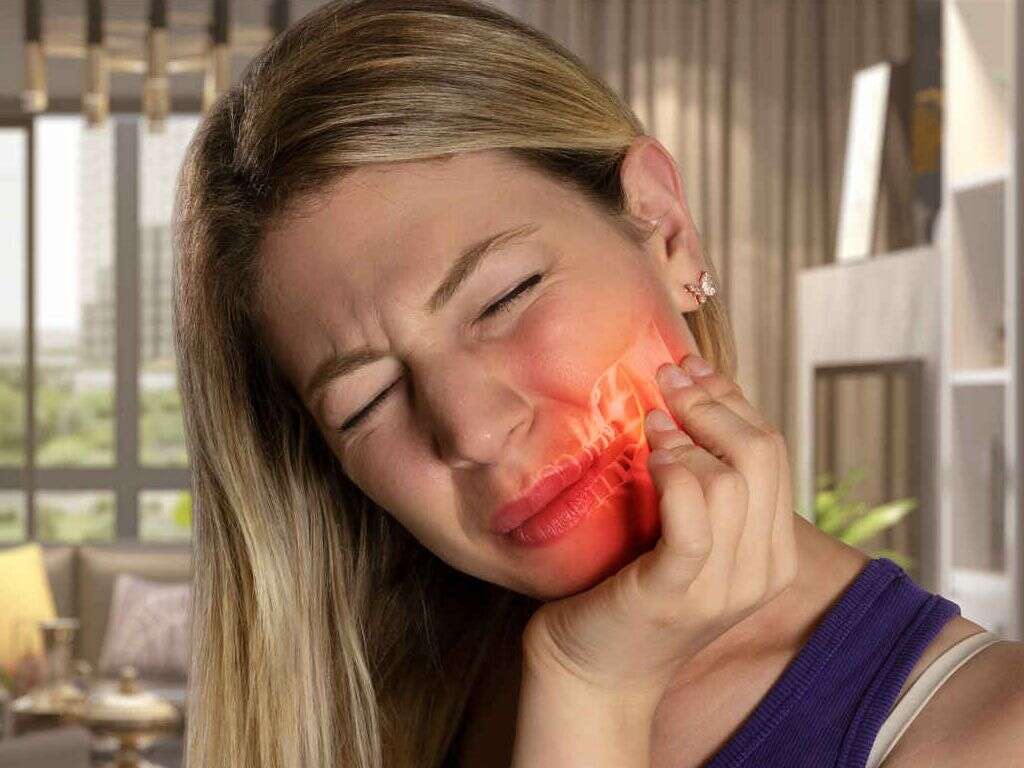10 Causes of Jaw Pain
Jaw pain can be a debilitating issue that greatly affects a patient’s quality of life as it impacts important routines such as speaking and eating. Jaw pain is a common symptom seen in temporomandibular joint disorders (TMJD). TMJD is a term used to describe pain and dysfunction in the muscles that move the jaw and the joints connecting the mandible to the skull. In TMJD, there are pain and noises that originate from the jaw during movement. While they may not be life-threatening, these symptoms can be hard to manage. TMJD is thought to be caused by many factors that are still poorly understood.
There are many treatment options available but there is no standardized treatment protocol for it. Some of the common treatments are occlusal splints, pain medication, physical therapy, and psychosocial interventions such as cognitive behavioral therapy. TMJD affects up to 20 to 30 percent of the adult population, most commonly between the ages of 20 and 40 years old. It is also more commonly seen among females. After dental pain, it is the second most common cause of orofacial pain.
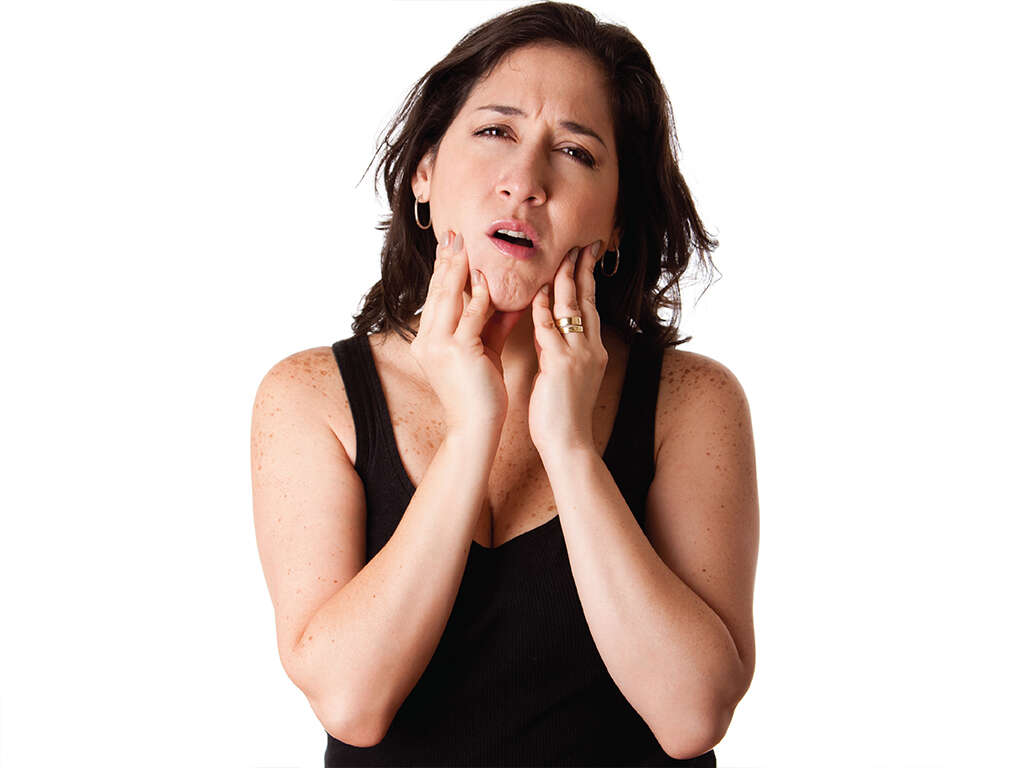
Cause #1: Disc Displacement
It has been observed among patients with TMJD that the lower head of the lateral pterygoid contracts when the mouth closes when it should be relaxed. It is also often tender when palpated. Some experts have theorized that this may be due to a tear in the back of the joint capsule causing the forward displacement of the articular disc.
This stops the upper head of the lateral pterygoid from stabilizing the disc. To compensate, the lower head attempts to fulfill this role causing contraction when the mouth closes. This causes the articular surfaces of the bones to be exposed to more wear and tear, increasing the predisposition of osteoarthritis in the future.
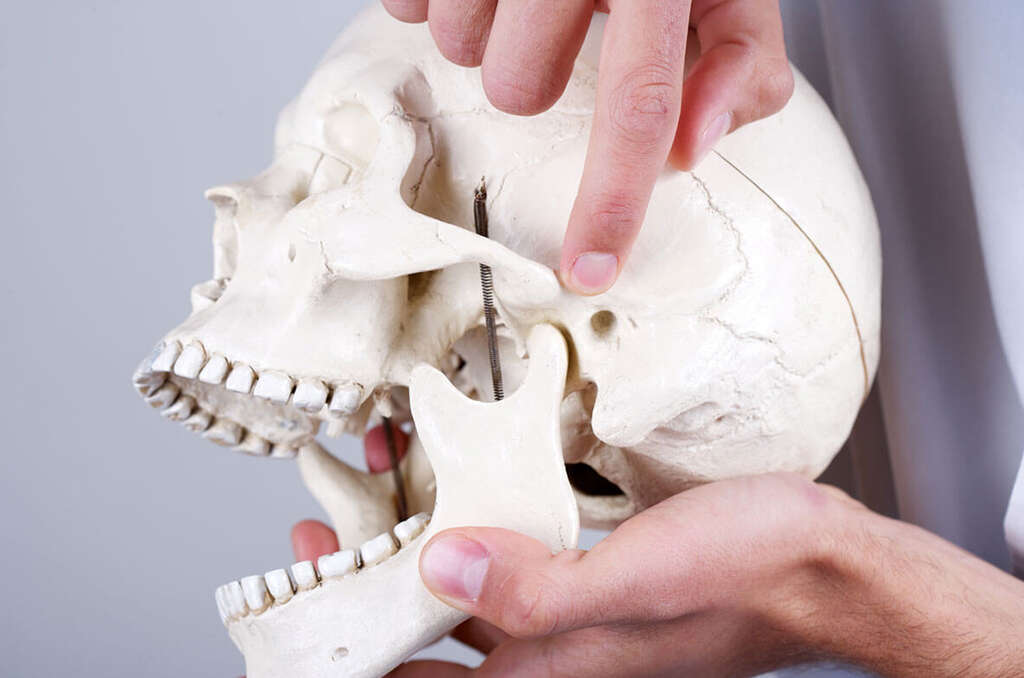
Cause #2: Osteoarthritis
Degenerative joint disease is a term that can be used to describe osteoarthritis, rheumatoid arthritis, or arthrosis. The temporomandibular joint is considered to be one of the most used joints in the body. With time, wear and tear occur causing degeneration and ultimately, osteoarthritis.
Osteoarthritis occurs when there is breakdown of the underlying bone and joint cartilage. Patients often complain about pain on opening, limited movement, a history of clicking, and deviation to the affected side when opening the mouth.
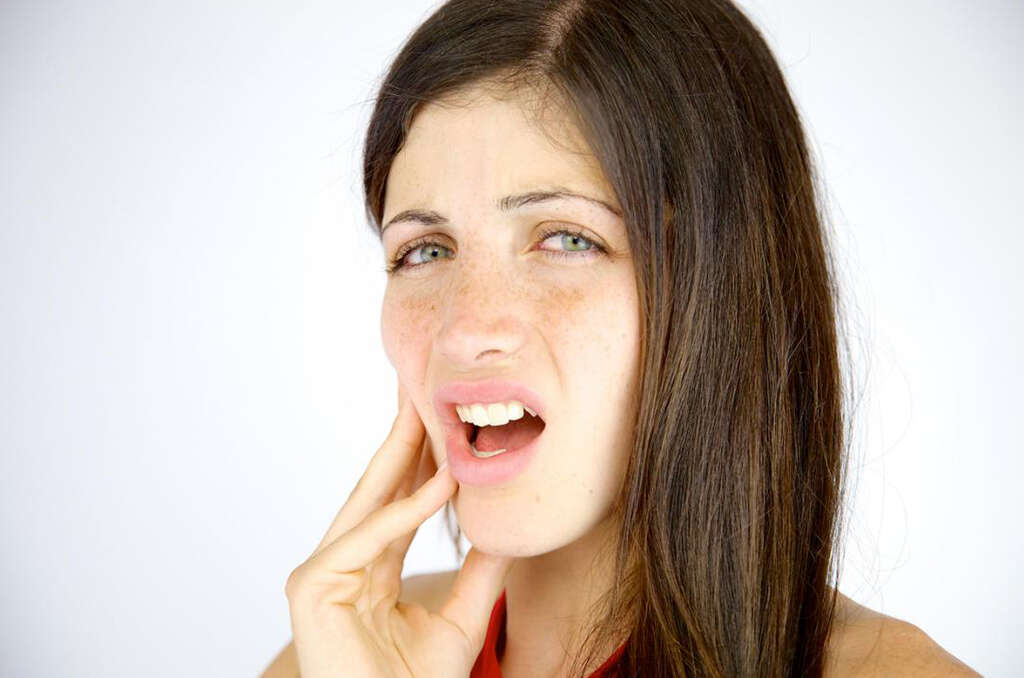
Cause #3: Rheumatoid Arthritis
Rheumatoid arthritis is an autoimmune disorder that affects joints of the body. The affected joints are usually painful, swollen, and warm. There may also be stiffness after prolonged durations of rest. It most commonly affects the hands and wrists. Joints that are affected are often symmetrical.
Rheumatoid arthritis is a systemic disease and may also cause inflammation around the heart and lungs, fever, and low levels of energy. It can also affect the jaw as seen in more than 17 percent of patients with rheumatoid arthritis. It often causes swelling, pain, and limited movement of the jaw.
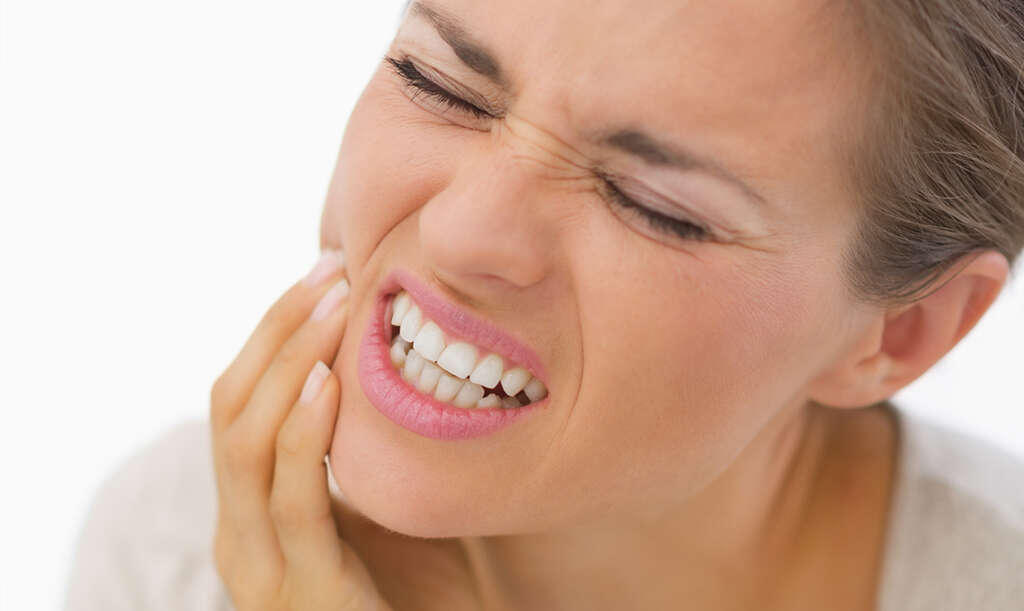
Cause #4: Emotional Stress
Emotional stress is a feeling of pressure or strain. It is considered to be a type of psychological pain. Some examples of emotional pain include depression, anxiety, and anger. When an individual is stressed, it may increase their pain by increasing the visceral, autonomic, and skeletal activity and reducing the inhibition of the descending pathways of the limbic system.
This can be described as the “anxiety-pain-tension” cycle that is often seen in TMJD. The negative emotions cause teeth grinding and increased muscular contraction of the face producing pain and anxiety. This prolongs muscular spasms, ischemia, vasoconstriction, and the release of pain mediators.
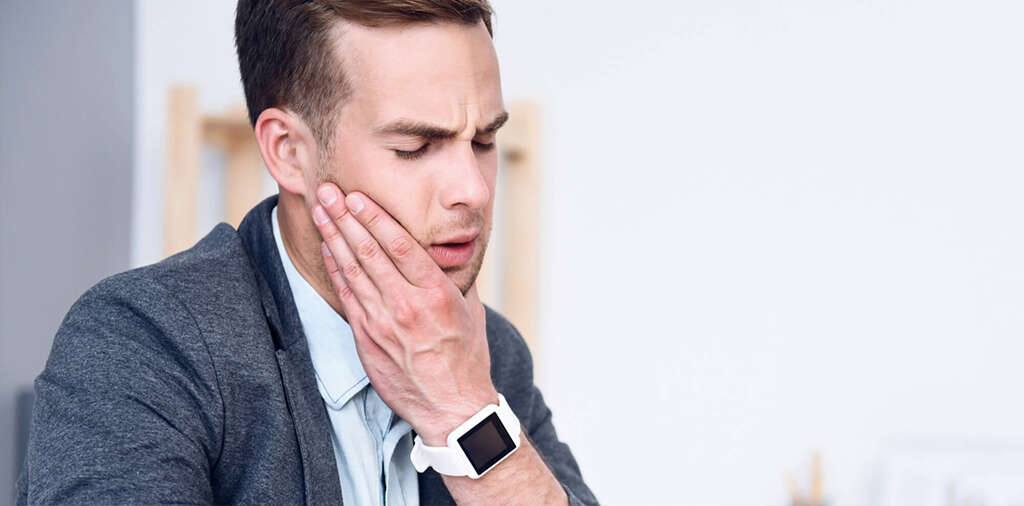
Cause #5: Bruxism
Bruxism refers to the excessive grinding and clenching of teeth that occurs while awake or during sleep. While the cause of bruxism is yet to be understood, some factors that may be involved are psychosocial factors, dopaminergic dysfunction, and central nervous system mechanisms. Pain and limited movement are most severe upon waking and slowly resolves as the day progresses.
Bruxism when one is awake tends to cause symptoms that worsen throughout the day. Parafunctional habits such as lip or cheek biting, pen chewing, and nail biting are also contributary factors to TMJD.

Cause #6: Trauma
Trauma has been thought to be a possible cause of TMJD. This includes both micro and macrotrauma. For example, prolonged mouth extension (opening) leads to microtrauma and muscular hyperactivity. This can occur during dental treatment, oral intubation, singing, and the use of wind instruments, among other things.
Damage to the joint can also be seen in sports injuries, road traffic accidents, and dental treatment. Even whiplash injuries that result in the development of TMJD have been termed “post-traumatic TMJD”.
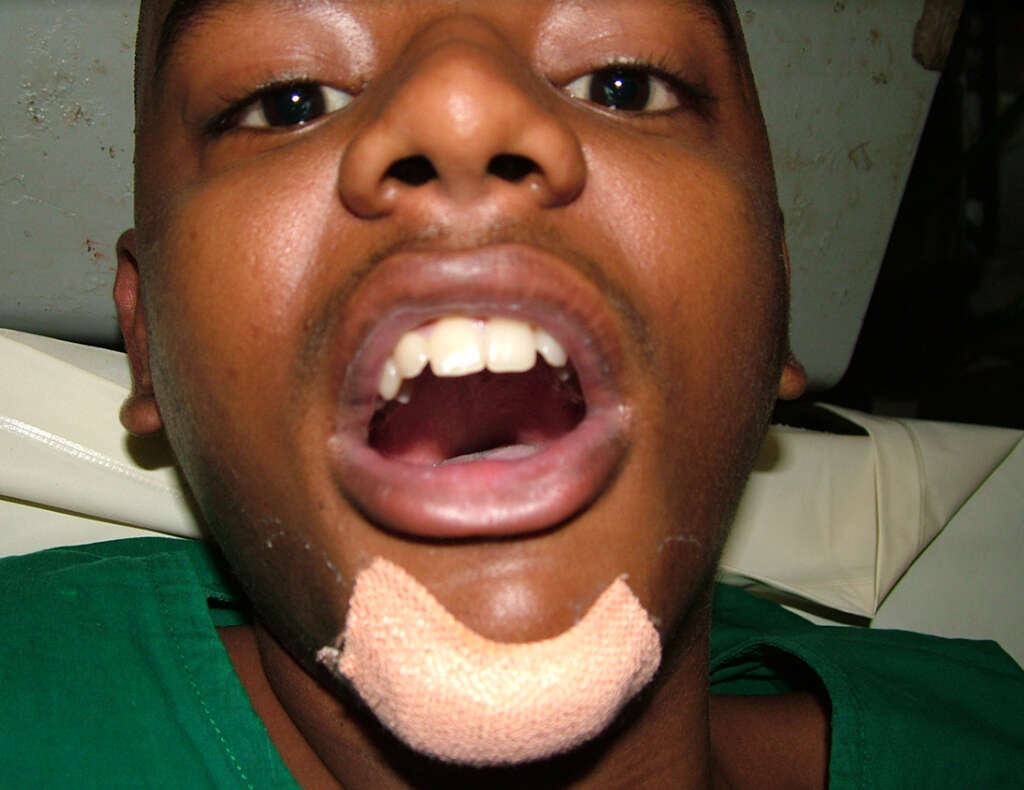
Cause #7: Occlusal Factors
Occlusal factors are often a controversial topic when it comes to the etiology of TMJD. Although there is no evidence, abnormalities of occlusion or issues with bite are often blamed for the development of TMJD. Occlusal issues are very common but most people with these issues do not have TMJD.
The connection between occlusal factors and TMJD is mostly historical interest, a theory that peaked in popularity in the 1960s. However, there are still dentists who perform occlusal adjustments in the belief that it will help with the treatment and prevention of TMJD.
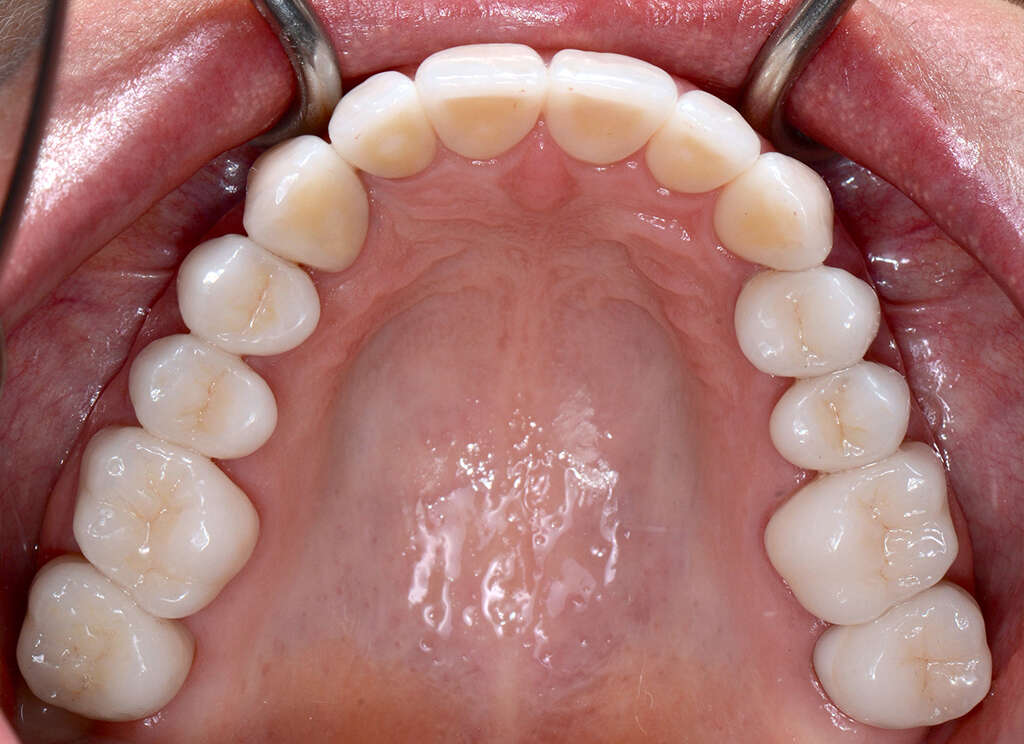
Cause #8: Genetic Factors
While TMJD is not obviously seen in families like a genetic disease, there are theories that suggest that there may be a genetic predisposition for the development of TMJD. This theory is further explained by gene variations that code the enzyme catechol-O-methyl transferase.
The variation of the gene that codes for the above enzyme produces a smaller amount of enzyme and has been linked to a higher sensitivity to pain. Females with this gene variant have been observed to have a higher risk of developing TMJD compared to females without the variant. Currently, this theory is still controversial as there is conflicting evidence.

Cause #9: Hormonal Factors
Since it has been observed that females are more likely to have TMJD compared to their male counterparts, there are theories that the female hormone, estrogen, is involved. One study suggested that episodes of the most severe pain in TMJD can be correlated with changes in the circulating levels of estrogen. Estrogen levels fluctuate throughout the menstrual cycle. Female patients who have gone through menopause are also more likely to develop TMJD.
They also may have more severe symptoms, if they have existing TMJD, if they are treated with hormone replacement therapy. It has been proposed that estrogen may have a role in muscle reflexes to pain, modulation of joint inflammation, and nociceptive neurons in the trigeminal nerve.

Cause #10: Possible Associations
TMJD has also been associated with chronic pain conditions such as fibromyalgia. It has been observed that 75 percent of patients with TMJD may be diagnosed with fibromyalgia, while 18 percent of fibromyalgia patients meet the diagnostic criteria for TMJD.
There is also possible association between TMJD and obstructive sleep apnea. Since TMJD restricts the opening of the oral airway, it may be a contributing factor that results in the blockage of the oropharynx by the tongue as it relaxes during sleep.
